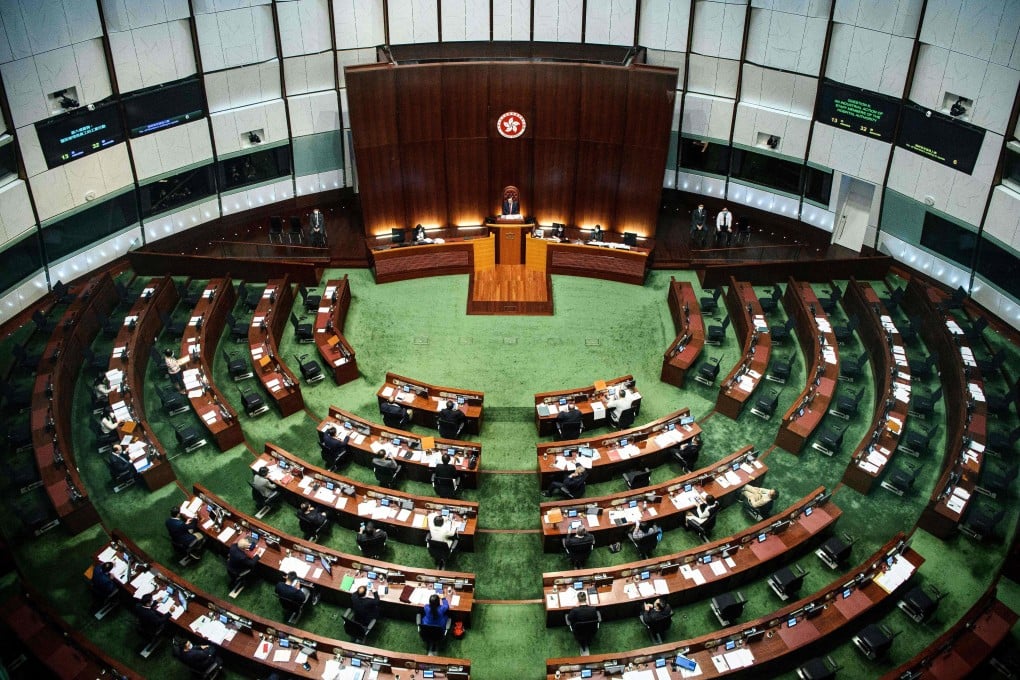Editorial | Changes to Hong Kong’s electoral system remain a hard sell
- Officials say the reforms are necessary to improve governance, but the revamp also makes the goal of universal suffrage even more distant

Never before has the composition of the Legislative Council been altered so extensively or hastily. It is not only that pro-Beijing candidates will have an unarguably distinct advantage in becoming lawmakers, but that sectoral interests and the polling arrangements will make universal suffrage – as envisioned in the Basic Law – an even more distant goal.
Officials say the changes are necessary to ensure the city is administered only by “patriots”, a move said to be conducive to good governance. But to many who subscribe to fair and open elections, the revamp is a hard sell.
That the government has set aside just a few weeks to undo what has taken decades to evolve is regrettable. This is not helped when there is a lack of public consultation. The English version of the relevant paper and the draft bill run to 765 pages. The details are hard for a layperson to understand, perhaps also for lawmakers who are required to complete their scrutiny by mid-May.
The merging and downsizing of some constituencies has yet to be clearly explained. For instance, the information technology seat is to become technology and innovation, with more than 10,000 voters disenfranchised and replaced by corporate votes held by industry groups.

The five citywide “super-seats” and the two seats for district councillors are to be abolished and a new commerce seat for Chinese-funded enterprises will be created.
